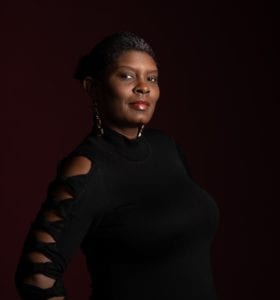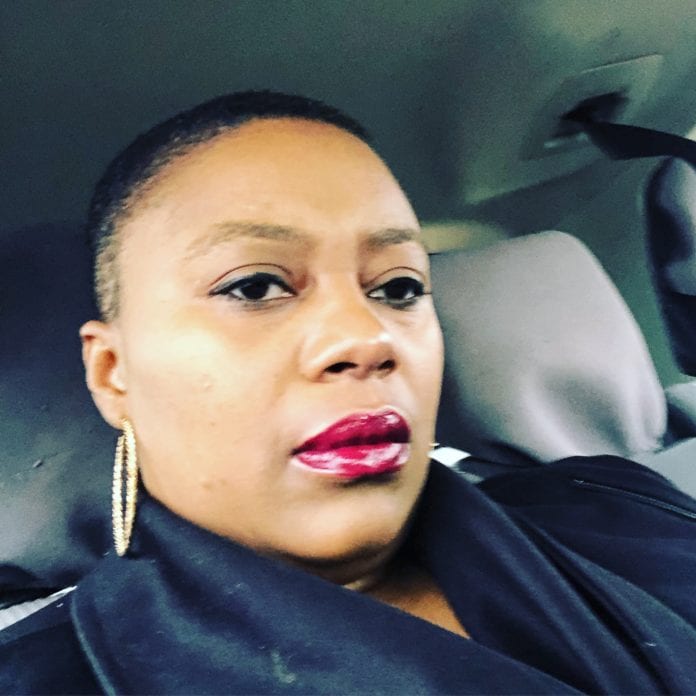There are things we know and that are actively discussed. Like, black men are the most negatively impacted by the criminal justice system. We know that black, Latino, migrant and poor people are subjected to longer, harsher sentences than other groups. But what we don’t think about is how black women are impacted.

Women need a different type of support. Sometimes they don’t have access to basic feminine hygiene needs while in holding. Depending on how long they’re in jail, who is available to give them health checks like mammograms and pap smears? And, generally, the longer a person sits in jail, the more likely they are to take a plea bargain.
Enter the Black Mama’s Day Bailout, which is under the umbrella of the Official Black Lives Matter Memphis organization. It was launched in 2017 to address the needs of moms and caregivers (male or female presenting, trans, gender non-conforming). I spoke with organizer Shahidah Jones. She is so passionate! Talking to her is like Sunday service!
“Black Mama’s Day Bailout was started to show the impact on families of the imbalances in the system and to mitigate those imbalances and lack of access,” she said. “When you think of a criminal you don’t think of them as mamas right?”
As the system tends to dehumanize and divorce offenders from their humanity, BLM and the bailout initiatives challenge the images and narratives. Yes, this person did this thing, but she is also a person and a mama. We see black mamas as the centerpiece of the community, so what do you think happens to the family/community structure if mama is stuck in jail?
The goal for this Mama’s Day is to raise $50,000. This will provide bail for five people with bonds up to $10,000. They do not use bail bondsmen and they do not bail people out without their consent.
They also address recidivism by following up with the families to make sure they have what they need. And not in the “well-meaning” way. They ask them what they need so that they can help put them in a position to thrive. The biggest deficits tend to be addiction support, mental health support and homelessness.
I was definitely schooled over the course of this 45-minute conversation. There are so many things that we need to rethink altogether – restorative justice, crime versus harm, the entire court system process, crimes of survival and of course the way we consume imagery.
Shahidah breaks it down.
“There is a difference between crime and harm. Many times, a crime has been committed but no personal harm was done. I don’t take away the value of things lost but there are a wide variety of ways that people are criminalized without causing harm or loss (of life or quality of life.”
For instance, she says, “(People who are jailed for) fees and fines, failure to appear… they are (also) impacted by the system.”
Then there’s the process. You may have to appear in court a minimum of three times for something as simple as your tail light being out, jaywalking, speeding or disorderly conduct. Or, if someone makes bail, the judge can decide to forgo assigning them a public defender.
For people who are in a precarious financial situation or don’t have the luxury of missing work, even one day can have a disastrous effect on their livelihood. Who takes care of the kids? What if your job finds out? Some companies can use the “character clause” as a reason to fire an employee.
The bailout project(s) has become critical for vulnerable populations. For many, even a $100 or $200 bail could lead to a strain on the household.
To date, 50 people have been bailed out through the Black Mama’s Day Bailout.
(To donate: www.midsouthpeace.org/blm or via cashapp: $officialblmmemphis. If you know someone in jail and awaiting trial, contact the BLM Office at 901-708- 3159, ext.102. If they’re calling from jail, they can call the google voice number: 901-286-2210.)



